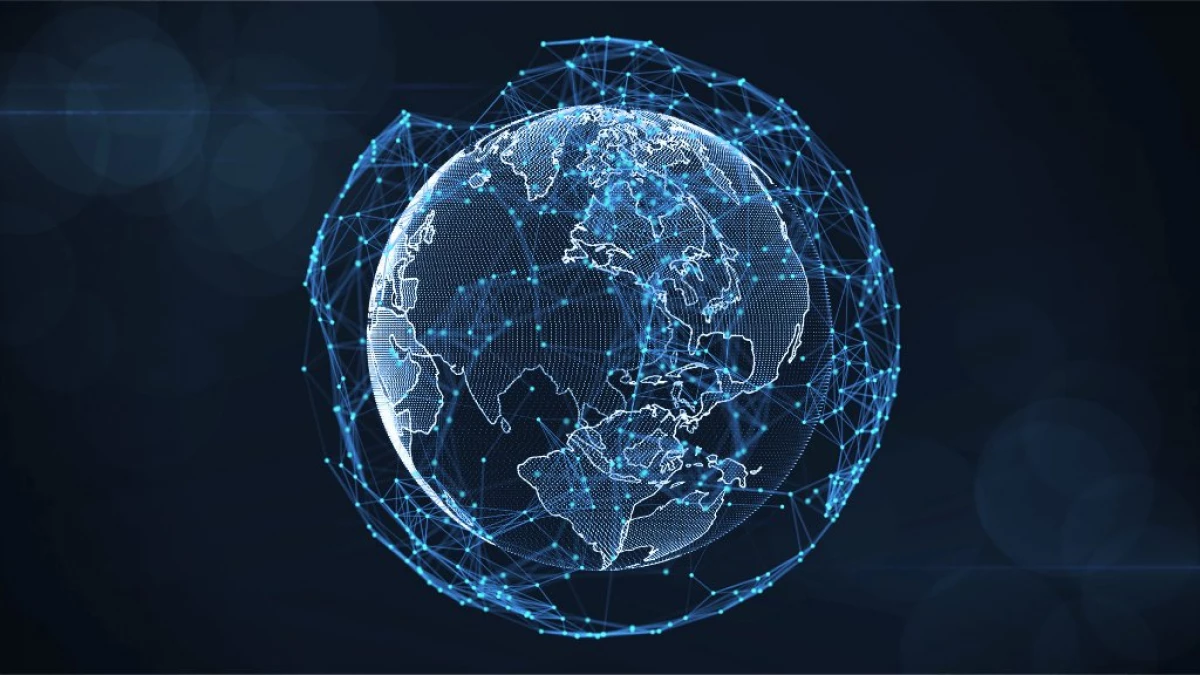
According to the United Nations terminology, under international information security refers to the security of the global information system from the so-called "triad threats" - criminal, terrorist, military-political threats.
Russian Federation in 2013 as part of the issued documentation "Basics of state policy in the field of international information security up to 2020" To the voiced list of threats also added the "danger of interference in the internal affairs of sovereign states using information and communication technologies, a violation of social stability, inciting cross-ethnic, interethnic roseti."
It is important to understand that in terms of terminology, there is no consensus, because the region of the international IB is presented in the form of a collision of the interests of different countries of the world, a wide bridgehead for discussions.
In particular, the Russian Federation stands for an expanded approach to determining the content of the concept of "International Information Security", adding technical aspects (safety information and networks), as well as a large number of political, ideological aspects (propaganda using international information networks, data manipulation , informational impact). Western countries, led by the United States of America, when determining the concept of "international information security", try to be strictly limited exclusively by technical aspects. Also in Western countries, a slightly different terminology is applied - "International cybersecurity".
If we talk about the practice of ensuring the international IB, the position of the Russian Federation is such that it is necessary to demilitarize the information space and develop some rules of behavior of states. This requires several international agreements, agreements on the basis of which all countries of the world could refuse to form and develop funds for information impact, carrying out all sorts of negative, aggressive, unwanted actions in the information space. In addition to ensuring international information security, all states of the world need to be actively and together to counteract international information terrorism and crime in cyberspace.
West position
In Western countries, international information security refers to the state of the system of international information relations, which is characterized by stability and security from informational weapons and threats.The development of the concept of international IB led to the emergence of terms in the legal doctrine, previously unknown and unused in practice. Currently, researchers use such terms as informational weapons, information terrorism or cyberrorism, an informational crime or cybercrime. The state of international legal regulation is such that these new conditions are not specified in international agreements, agreements (with the exception of a number of computer crimes). However, a number of social phenomena suggests that these terms should be considered as factors for destabilizing the system of international relations.
If we talk about information weapons, it in general, it is possible to characterize it as any means of influencing the mass and individual consciousness, which can damage, distort, destroy or hide the data.
The specifics of modern information weapons is that it is used not only in the military sphere. Information weapons can be used to make computer crimes, hacker attacks with causing property damage, etc. The use of informational weapons is known in international practice from the second half of the twentieth century. For example, it was widely used in the Palestinian-Israeli conflict.
After the adoption of certain conventions about cybercrime in the field of international law, a tendency to persecution for the consequences of using information weapons, and not the weapons itself as such.
International Information Security and Internet Management
For a long time throughout the world, the opinion was widespread that the Internet acts as a flexible and fully decentralized information system, so it is not possible to manage and monitor it.
But the Internet, like any other, less large-scale technical systems, needs coordinating for coherent functioning internationally. Therefore, in the modern Internet, there has been a certain number of technical "control points for a long time.
First of all, it is worth identifying a system of domain names and web addresses, as well as coordinating work on the formation of the specifics of web protocols, which are carried out by the private non-profit company ICANN (registered on the territory of California and obeys, respectively, American legislation). In this regard, this situation causes certain concerns of the Russian Federation and other countries of the world, which are interested in ensuring that ICANN activities are fully internationalized and transferred to the International Union of Telecommunications, which is the United Nations division.
At the same time, the Internet Management Procedures consist of both technical coordination and from a more extensive list of issues that are associated with the protection of human rights in cyberspace, intellectual property protection, counteracting cybercrime, etc.
More interesting material on cisoclub.ru. Subscribe to us: Facebook | Vk | Twitter | Instagram | Telegram | Zen | Messenger | Icq new | YouTube | Pulse.
